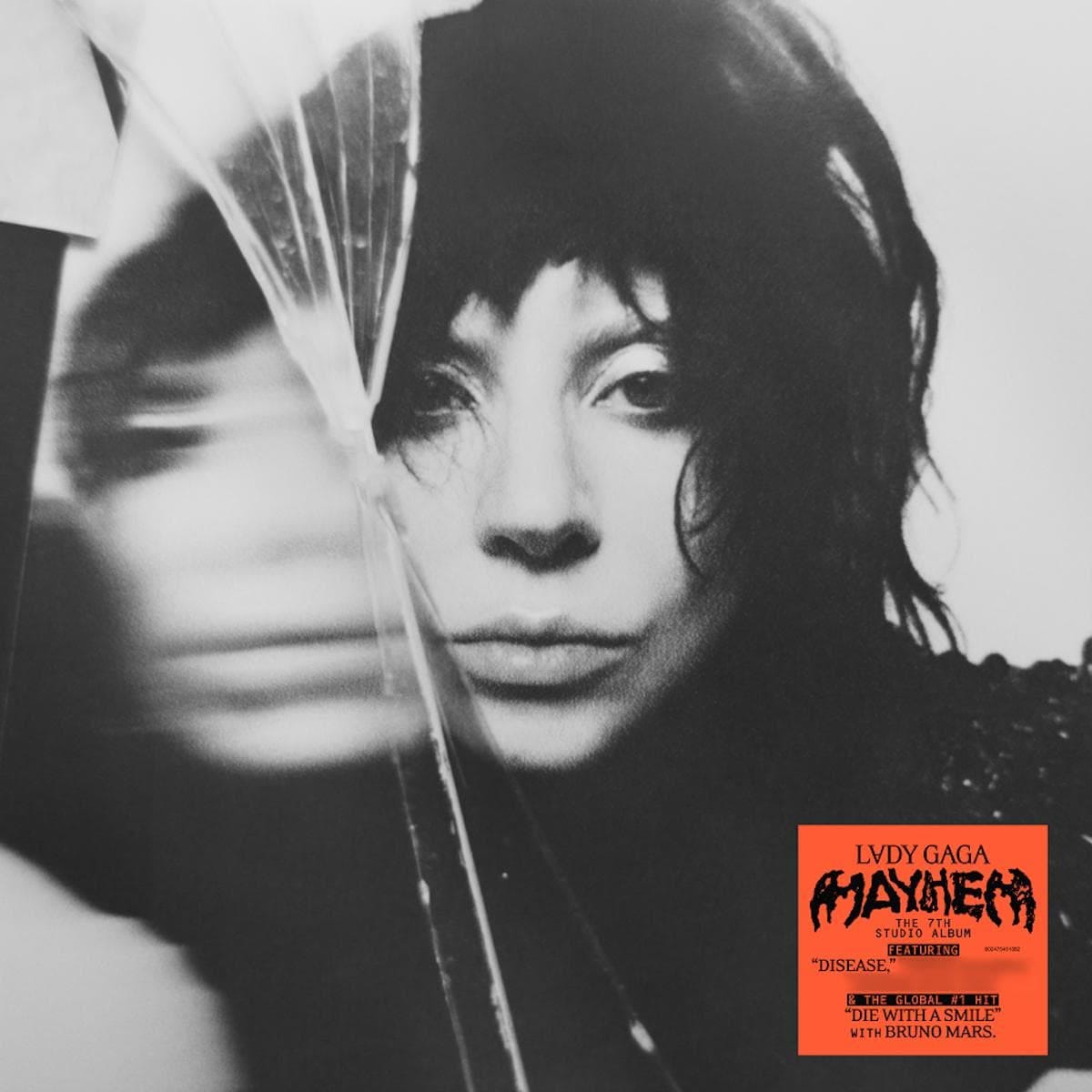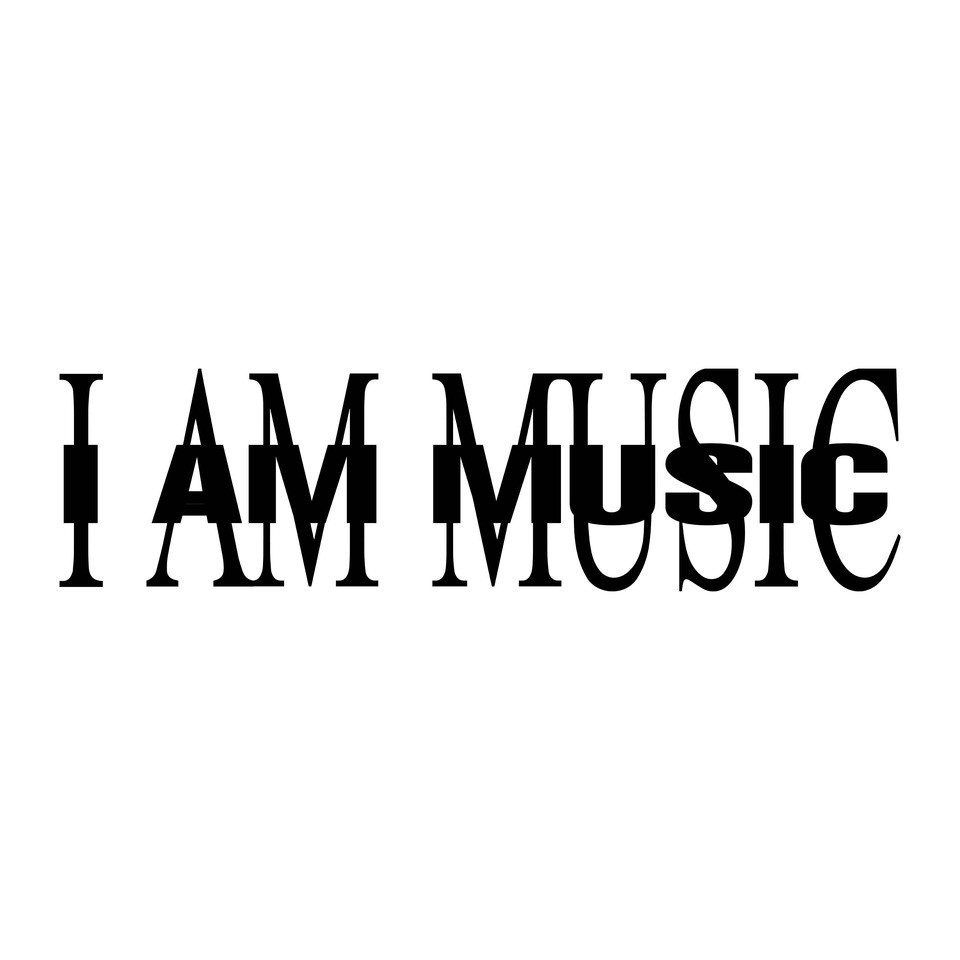Field Journal #3
New York is still cold as we roll into April. Showers and Flowers on the horizon. Here are three albums with CAPITALIZED TITLES I've been thinking about this past month...
LOWER - Benjamin Booker
Low, hunched shoulders, in the brief chill of February. Going to meet up with a friend to see Benjamin Booker play for the second night at Public Records in Brooklyn. Left work, off the train, bundled up, and that tightening my muscles to maintain as much warmth as possible. The new Benjamin Booker album plays in my headphones, and links up perfectly with this energy.
LOWER, is an album, to me, about trying to scramble out of the hole you’ve dug for yourself. Benjamin Booker on this album plays a character; one that is getting thrown out of bars, yearning for intimacy from those who are just as lonely as him. He is a writer who is very acquainted with the various ways that we as people come to feel isolated. By hook, by crook, by racism, by hiding, by silence, by boisterous fealty to our emotions.
Booker’s lyrics are dark pastels, painting murky portraits of characters. The song, “Slow Dance in a Gay Bar”, has Booker searching for himself in others. The lyrics call out for someone to see Booker as he is; it’s a real heart tugger. Meanwhile, “Rebecca Latimer Felton takes a BBC” sees him entertaining and chiding a cheating wife, all the while the wife’s husband sees another woman. His poetry is wistful, and though he’s judgmental, there is still empathy, “Those eyes, were you never much to see”. Elsewhere, like on “New World” tells a story of a character ashamed for what he has done to make his new world, “I know what you did to get here… I know you can’t look in the mirror”. The crown jewel of the album, is the song, “Same Kind of Lonely”, a burning and yearning song. “Smile Smile Smile to the very end… If I could make it out tomorrow… If I could be the same kind of lonely”, Booker rasps out these lyrics over a distorted shoegaze roar. Bright piano strikes decorate the song, and a sample of a gun firing as people scream in terror coasts the listener into the last chorus. It’s a hair raising moment, feeding into the paranoia and hidden rage of this album. That rage is carefully littered throughout this album.
I walk into Public Records, where red venue lights notate a path into the floor area. The red is both comforting and menacing. Kenny Segal takes the stage in a sweater with a hidden message sewn in (I think it reads “Fuck It All” or something like that). He seems calm, suddenly jumping into a collection of chest rattling beats, that lilt and sway with a classic Dilla feel. Some of the beats I recognize as ones he has provided to Billy Woods to Armand Hammer and more.
Seeing Kenny as co-conspirator on the Booker album, made me believe that Booker must be a new rapper in the scene. But far from it. What is Kenny doing creating beats for a singer-songwriter? What would be a mismatch turns into something refreshing. A singer-songwriter album infused with a Hip-Hop sound palette and ethos. These songs while great on their own, laced with samples, OP1 melodies, jagged sample kicks and snares, are elevated; the stories on this song have an apropos place to dance in the theatre of the audience’s mind. We get blistering guitars on “Black Opps”, “LWA in the Trailer Park”, “Same Kind of Lonely”, and “Show and Tell”. The hopeful piano lines on closer “Hope for the Nighttime”, create a fitting sense finality. The sweet summery guitars on Show and Tell elevate the story Booker tells of trying to be vulnerable with a new lover. “Slow Dance in a Gay Bar” has a stuttering beat, and these endearing tinny guitar lines. These same guitars appear on “Pompeii Statues”, as Booker asks “Where do all the people go?” and answers himself a few lines later, “Going Deeper into madness, darkness, new doubt”. Booker over the knotty piano lines asks as if he is an alien, unfamiliar yet pessimistic of people’s ability to change. The two employ text painting to great effect: a deep bass note hits as Booker sings “going deeper”.
Perhaps the one outlier, is the more transitional “Speaking with the Dead”; not short enough to be an interlude, but also not enough meat on the bones to be a full fledged song. It starts out well, with guitar ringing like a ocean liner horn roaring over some kalimba and distorted vocals from Booker, but the momentum developed dissipates into an ambient kaleidoscope. Nice for what it is, but I feel it doesn’t add as much to the album.
But when Booker takes the stage at Public Records, backed by Kenny on beats and synths, and a drummer, he rasps and croons his way through practically the whole album. It is energetic, jammy, but Booker’s eyes dead set on a nameless object, he is staring through the crowd. Catchy songs, hypnotic beats, booming through a seedy venue. All the while the cold urban decay outside rages on. Luckily though, Booker does not get thrown out of the bar. He finishes his show with a surprise appearance from Billy Woods and ELUCID, who seeing them together, can clearly see the artistic kinship they share from different genres. Booker leaves the stage cheery. He signs some vinyl and chats with fans. I leave with a signed vinyl myself and head home, head ringing slightly, and hungry. My body gets tight and I huddle my arms close to my ribs to keep warm, just hoping I can get out of the cold soon.
89/100 - A Seedy Underbelly, Filled with Hope
MAYHEM by Lady Gaga
In 2009, there was nothing more shocking or forward thinking in the pop realm than Lady Gaga. A VMAs performance where she’s casually bleeding out on stage, the meat dress (really all of her dresses), the sexual decadence of the Fame Monster music videos, the misogynistic rumors of her secretly being a man (the first time I’ve seen the internet going on a “trans-vestigation”). It’s the time period that many fans believe she is harking back to, almost 16 years later, on her latest album, MAYHEM.
And it’s understandable why. Her first two singles, “Disease” and “Abracadabra” have many parallels with some of her classic songs from this era, like “Bad Romance” or “Born this Way”. Roaring, revving synthesizers, fierce vocal performances, quirky herky jerky choruses like the one on “Abrabadabra”. Even the culty catholic-adjacent opulence on the music videos seem quite inspired by early Gaga. These artistic connections have led to… I guess a meme regarding this album? She’s heating up her nachos? On one hand, Lady Gaga has not pushed the boundaries like she used to (arguably, her last boundary pushing album was 2014’s ARTPOP). On the other hand, when the music is this good, who cares if it’s reheated nachos.
But the third hand here to consider is this: what if these are all together new, freshly made, nachos. Or more accurately, wistfully looking back at the pop canon in general, reheating pop’s nachos? What I mean to say is, save for the errant reference to early work, there is not THAT much in common with these early Gaga albums. This album feels more like a project-length homage to the disco, funk, and industrial music that she has been so influenced by. Songs like “Shadow of a Man”, feels like sublime MJ worship. “Killah” is a Trent Reznor, Prince lovechild. “Zombieboy” feels like a great Chromeo song. The songs here just buzz with tasteful bass lines and quivering analog synth patches; the influence of Mike Dean’s work on the Weeknd’s Hurry Up Tomorrow, feels like an apropos reference as well. “Lovedrug” feels like a lost Daft Punk collaboration, complete with the robotic ballad guitars. Maybe it feels like reheated leftovers because… this is the most fun Gaga has had in creating an album since this “golden era”.
I could continue with the the references: and though there are many musical influences in this album, the guiding light of this album is still Lady Gaga. Her vocal performances are powerful, soaring, at times even carnal and many of the lyrics (and aesthetics of this era) feel more cult-like than any other album. “Killah” is about killing a handsy man. The endlessly groovy “Garden of Eden” feels is as if Gaga is menacingly enticing a man into a drug soaked night with her. “The Beast” is a ballad about Gaga falling in love a werewolf, as the clock is about to strike midnight (it’s admittedly cheesy, but I can’t help but like it).
While it is an album with many highlights, some songs do feel particularly safe for Gaga. The piano ballad on “Blade of Grass” has a tedious chord progression and predictable melody, and “Don’t Call Tonight” feels like the most by-the-numbers pop song here. “How Bad Do You Want Me” feels like the kind of early 2010s pop that Gaga was a refreshing change of pace from at the time (admittedly she does the style much better, but it’s still a least favorite). The most perplexing choice here though is ending the album with the Bruno Mars assisted “Die with a Smile”. An awkward ballad really; at times catchy (in the mall or at kohls) other times really grating and awkward. Furthermore, the song simply does not fit the album narrative or sound: nowhere on this album does a soft rock ballad fit into the musical schema of MAYHEM. It feels more like a blatant attempt at bolstering sales and numbers on an album (if I’m being truly pessimistic here… maybe Gaga sees something in this song). This song’s placement shows the biggest achilles heel for MAYHEM; it doesn’t fully want to commit to SOUNDING like mayhem. If we take the album narratively, we start off raucous and chaotic, but eventually we simmer down to tameness and obedience.
That’s not to say it’s still not a very good album, and (perhaps) the best Gaga album since The Fame Monster. “Die with a Smile” cannot bog down what is still some incredible highs for Lady Gaga. The first seven tracks on this album are an incredible run; with great performances, detailed analog synthwork, and impeccable songwriting that spans the pop music canon. While Gaga may not be creating the same high-concept art pop, or setting the stage for Hyper-Pop, I don’t think that is her intention anymore. She’s an excellent entertaing, songwriter and powerhouse singer, and she’s here to do just that. She’s already made her mark in the pop sphere, so let her have some fun.
79/100 - The (so far) pop album of the year
MUSIC by Playboi Carti
I had already written some thoughts on this album on my Album of the Year profile, but in continuing to… “revisit”… this album, and on the back of a “deluxe version”, I keep finding more to talk about this album. Some good and some bad.
For context, Playboi Carti, a pioneer in the vibey-psychedelic trap and rage sound, spends the last (almost) five years teasing out his next project, I AM MUSIC. Heavily inspired by Lil Wayne, and, like Wayne, draws out the release of this album for years and years. He gets charged with assaulting his pregnant partner (and then the charges were dropped shortly after). He releases a single here and there, announces an album date, reneges and hides away from the public (this happens multiple times). Some of the most aloof and inconsistent artists can at times command a great amount of demand for their music (Kendrick Lamar, Andre 3000, Frank Ocean, Lauryn Hill, etc. etc.). Playboi Carti uses this power as well throughout the past four years. Finally though, he releases the album, to great critical infamy and commercial success. So far it has been an incredibly polarizing album. Some unable to get past his alleged abuse. Others finding the album bloated and not up to snuff. Some seeing it as grand album from a great hip-hop auteur; a smorgasbord of sounds, styles and flavor.
Frankly, it’s all the above. A bloated smorgasbord from one of Hip-Hop’s greatest auteurs, and most unlikeable figure as well. While I stand by much of my original review (which you can view HERE), I’ll update a couple thoughts here in light of the recently released (in big air quotes) “deluxe” version, which tacks on four new songs.
What is most polarizing is not that it’s consistently lacking quality, but that fact that it is SO inconsistent in quality. Some of Carti’s most electrifying and boundary pushing songs, stand shoulder to shoulder with some of the most amateur, lazy, and apathetic songs of his career. While most songs land on one side of the fence or the other, the song “Crush” manages to occupy both, illustrating exactly what is so frustrating about this album. “Crush” opens with a 8-bit synth that leads into this sweet sliding melody, crushing synth chords, what sounds like hair-metal guitar, an operatic choir, chattering trap hi-hats: it’s really next level stuff! And all this building and building pays off with… not that much? A brief Playboi Carti verse and then it cuts out? Boo!
What you’ll find on this album is this exact dichotomy, just from song to song. On one side are songs with structure, or detail, or sharp choruses, or classic Carti energy. On the other side are tiring songs that lead nowhere, have no discernible movement or direction, and fizzle out quickly. It’s almost straight down the middle too. There are technically more hits than misses, but this is not a big ratio.
The cultural commentator Professor Skye said of this album, and of Playboi Carti, is that much like some of Hip-Hop’s forefathers, is that Carti is trying to “break” music. I would add on that he even tries to break the concept of an album here too. Songs that are meant to flow into one another just don’t (see Pop Out & Evil J0rdan). The album boldly proclaims itself to be MUSIC, a nodding rejection to the stalwart old guard of hip-hop who turn up their nose to “this” kind of hip-hop. And yet it is an unfocused album, that doesn’t cohere into a “sound” (unlike Carti’s Die Lit and Whole Lotta Red, which were very focused as a concept/sound). It looks like a statement but doesn’t sound like a statement, which maybe is a statement in and of itself. Maybe Carti doesn’t deserve this level of analysis. Maybe this is just an album to flood the market and you pick what you like from it and move on.
If you want to move on, I still suggest these amazing highlights: “Pop Out”, “Rather Lie”, “Backdoor”, “Like Weezy”, “Olympian”, “Cocaine Nose”, “Wake Up Filthy”, “Evil J0rdan”, “Good Credit”, “Mojo Jojo”.
You can probably forget songs like… “K Pop”, “Radar”, “Trim”, “Twin Trim”, “OPM Babi”, “We Need All Da Vibes”, “Munyun”, “Dis 1 Got It”, “Overly”, “Toxic” (even though the Skepta feature is great).
Fortunately for fans, the extra songs are great additions. “2024”, a highly revered Carti song finally gets release, has a great flow and chorus, meanwhile the synth-work and vocal sample are just so sweet on the ears. “FOMDJ” feels like a Whole Lotta Red leftover, but has undeniable energy and movement to it. “Different Day” has a mysterious, vaguely Aphex Twin, beat to it, and Carti flows over it effortlessly. The weakest of the four tracks is “Backrooms”, with a more plain beat, but it’s still a sweet ride while it’s on. These would have been highlights on the album, but it still adds bloat to the album nonetheless, and doesn’t stop an overall depreciation of enjoyment for this album. If you told me, you loved the chaos and range on this album, I wouldn’t blame you. I can appreciate that element of the album too, but only from afar. With closer inspection though, there are just too many rifts and cracks for me to fully love this.
58/100 - Controversial, Unique (half-derogatory)




